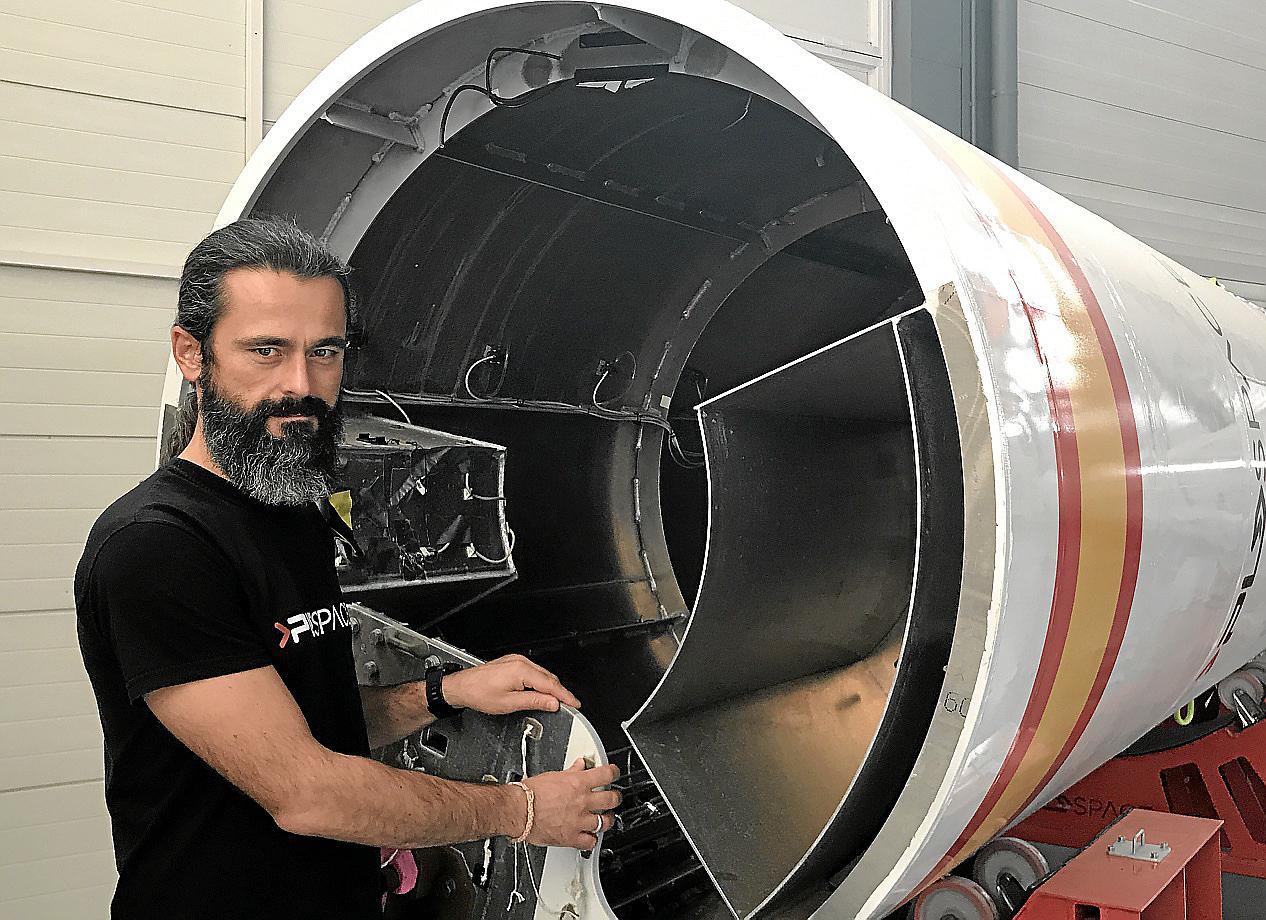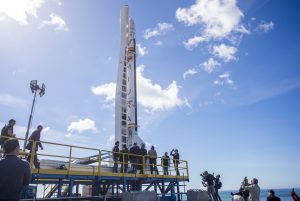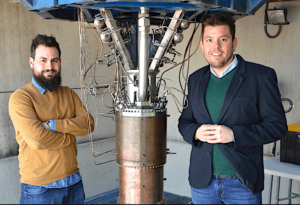People in Space: Álex Masmiquel from PLD Space Speaks About Science
9th Dec 2020
Álex Masmiquel: “The virus has shown how necessary it is to invest in science.” There is a Spanish aerospace industry, and a Majorcan citizen, Álex Masmiquel from PLD Space, has a vital role to play in the industry. He is currently assembling the pieces of two space rockets, MIURA 1 and MIURA 5 from PLD Space. The company is based in the south of the Valencian Community, Elche, and has a test field in Teruel. PLD Space has made headlines during this week because of Ariane’s failure, the European rocket that carried a Spanish Satellite.
What does Alex do at PLD Space?
He is a mechanical engineer that works in the structures department. His main role is to design the structure of two space rocket launchers. One of them is the MIURA 1, which is already in a very advanced phase, and right now, they are validating the part of the rocket where the fuel tanks, motor, and electronics are.
What is the difference between the two space rockets PLD are working on?
Well, the rocket from PLD Space, MIURA 1, has a single motor, and this is where we develop the technologies that we develop in the rocket MIURA 5, which will orbit the earth to carry satellites. These space rockets are recoverable like those of SpaceX, by Elon Musk, or the one of Amazon’s owner, Jeff Bezos, at Blue Origin.
Are the PLD Space rockets ecological?
Alex: I don’t really know if they are ecological, but what I am sure of is that they are optimized and have a lower impact on the environment. When they are coming back to earth, they have a parachute to fall into the ocean, so a boat can take it back to land again. The MIURA 1, 12.5 metres long and 70 centimetres in diameter, weighs about 2,500 kilos with fuel. When the rocket is empty of fuel, it can weigh less than a car.
Launching a satellite seems like a millionaire enterprise.
Historically, NASA, ESA, and the Russian space program took over the big rocket space business. Today, many small companies and universities can have access to space for a much lower cost. The technology has been miniaturized, and there are satellites that weigh barely two kilos. That is why companies like PLD Space have quite an advantage. Right now, with these micro launchers on the market, launching a kilo into space costs around €30,000. A small satellite can weigh two kilos, and universities can participate in this.
Has the launch date been confirmed yet?
Not yet.
Today’s mobiles have more capacity than the Apollo rocket.
In the 60s, the calculations in NASA’S Apollo program were made manually. Thirty mathematicians were involved in the program, but nowadays, it is unthinkable. The capacity of an on-board computer was very limited. Any mobile phone today has a much greater computing and memory capacity than a computer twenty years ago.
And what about Balearic I+D?
The main economy here is based on tourism. It is really important to diversify the economy and enterprise activities.
Your profile is of someone who has a higher education, is this why you left the island of Majorca?
Yes, I work at PLD Space because here in Majorca, there is no space industry. Many people have not found their place in the Balearics.
Do you think that with the pandemic, society and institutions have realized how important science is?
This situation has shown how important it is to have scientific support, in this case, medical research. And the little investment made in R&D and the need for science to respond to the situations we are experiencing right now have been put on the table.






Thank you for your comment! It will be visible on the site after moderation.